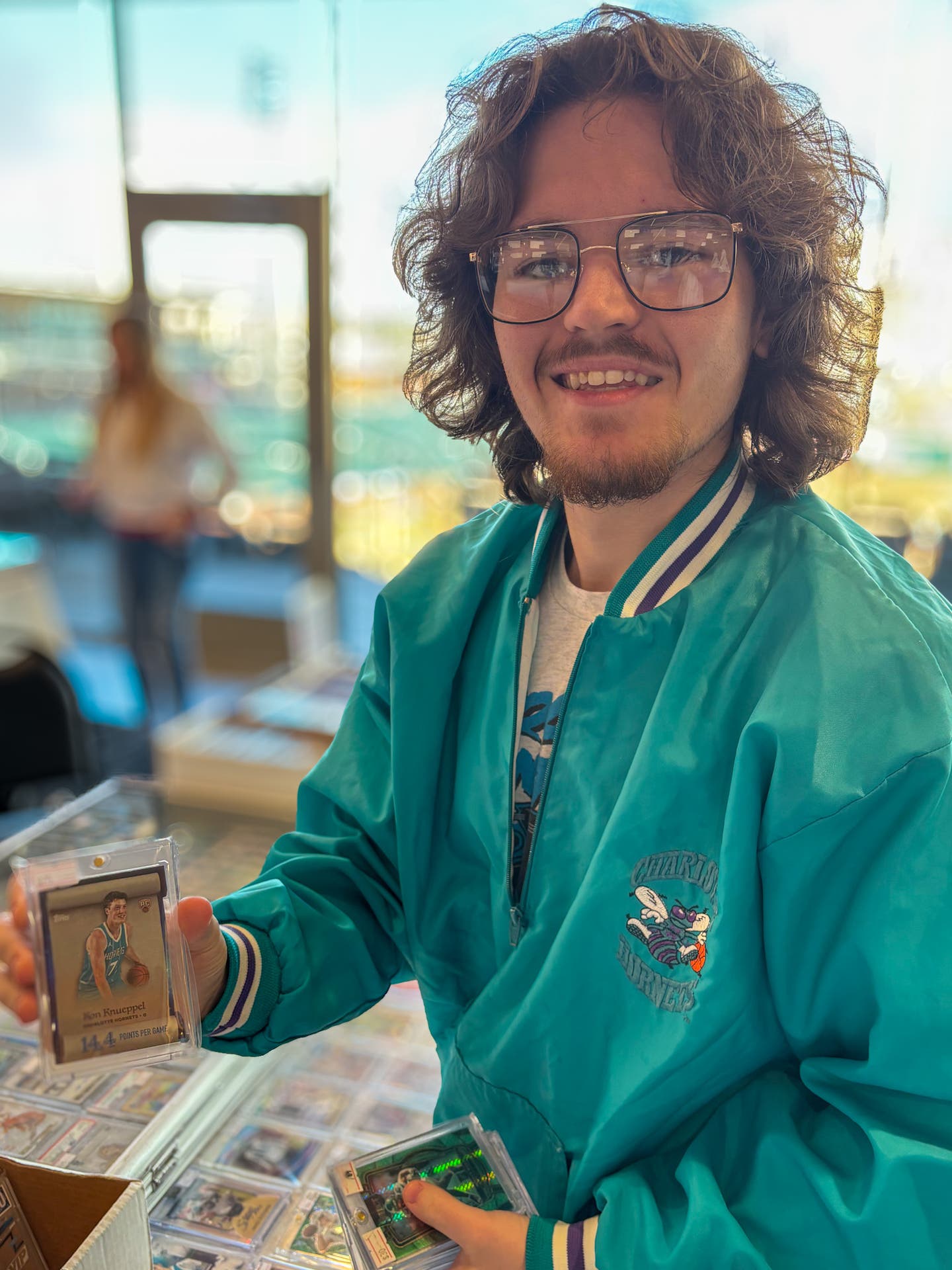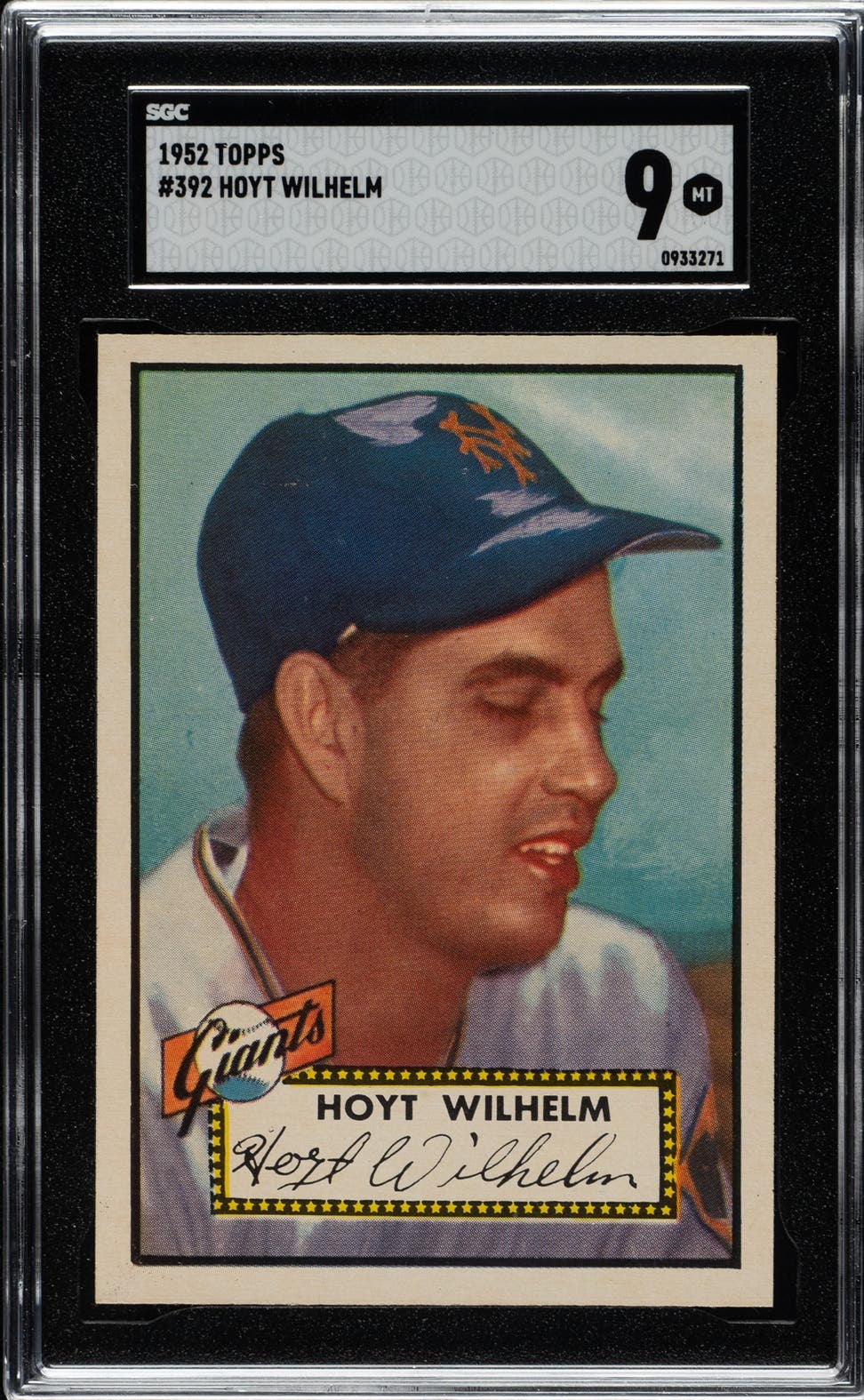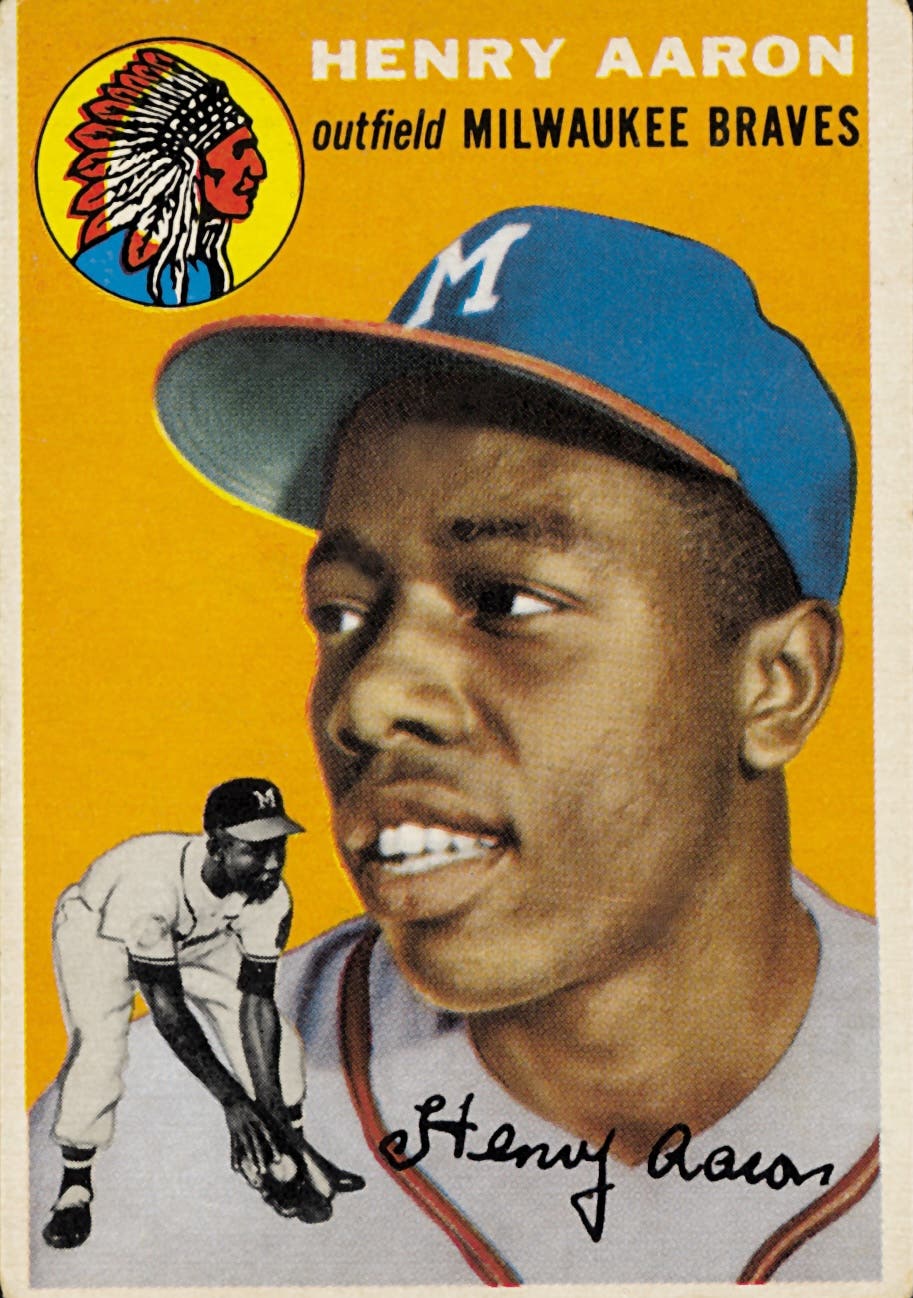News
2014 Baseball HOF Year in Review: Bobby Cox Climbed the Ladder to Immortality
By Paul Post
Bobby Cox has all kinds of prized possessions from his career – two World Series rings, four Manager of the Year awards and his uniform No. 6, which the Braves retired in 2011.
However, he was nearly spellbound by two highlights in the Baseball Hall of Fame’s collection during a visit to Cooperstown in preparation for his enshrinement this past summer.
“Naturally Hank Aaron, being from Atlanta, his display is eye-popping,” Cox said. “Of course, Babe Ruth, for me, will always be the guy that people remember. All the little kids and everybody, if you ask them who played 30 years ago they won’t remember. But they remember Hank Aaron; they remember Babe Ruth.”
Cox toured the Hall in Spring 2014 with 300-game winner Greg Maddux, who joined in the Class of 2014, along with Tom Glavine, Frank Thomas and skippers Tony LaRussa and Joe Torre.
Cox retired after the 2010 campaign as the greatest manager in Braves history with a 2,504-2,001 career record, ranked fourth on the all-time managerial wins list. With Cox at the helm, the Braves won 14 straight division titles, including the 1995 World Championship, a feat that will be hard to match.
Cox also spent four years in Toronto (1982-85), leading the Blue Jays to an AL East flag as well, in 1985.
During his Hall of Fame press conference, however, with Ruth’s likeness peering over his shoulder, Cox reflected about his early days with the Yankees and how that changed his life and career.
“My whole managing career I owe to (late Yankee General Manager) Lee MacPhail,” Cox said.
After two years as a light-hitting Yankee third baseman (1968-69), Cox spent the 1970 campaign at Triple-A Syracuse and was ready to head home after the season, not quite sure what baseball held in store for him, if anything.
“The car was packed,” he said. “This was at the very end of the playoff season in Syracuse. I don’t know what I would have wound up doing. Lee MacPhail came down and said there was an opening at Ft. Lauderdale in Class A. He and (Yankee manager) Ralph Houk thought I would make a good minor league developer and manager.”
How right they were.
Slowly working his way up the minor-league ladder, he made it back to the big leagues in New York as first base coach for the 1977 World Champion Yankees. That team was managed by Billy Martin, whom Cox would like to see in the Hall of Fame, too, some day.
“I’ve thought about that a lot,” he said. “I think Billy deserves it. He was a character, there’s no doubt about that, but a great manager. He spent his whole life in baseball. There’s no reason in the world he shouldn’t be in the Hall of Fame. It influenced me quite a bit, really, being around Billy Martin.”
The World Series ring he got as Martin’s coach obviously holds great meaning for Cox, too, because he earned it as a Yankee, and it was his first one.
Martin, in his 1987 autobiography Billy Ball, described Cox as one of the game’s best bright young managers. Cox, at the time, had just left Toronto after winning a division title, to return to Atlanta as the Braves’ general manager. He had previously managed the Braves from 1978-81.
“I liked the way he managed,” Martin said. “He managed just enough. He didn’t over-manage. He’s brilliant. He worked hard to get where he did, managing several years in the minor leagues, working his way up to a coach before getting his shot as a manager. He deserves every bit of his success.”
Unfortunately, Martin passed away in 1988 and never got to see Cox during his peak years in Atlanta. After building the franchise from the front office, Cox returned to the dugout in June 1990 and the very next year the Braves went all the way to the World Series before losing to Minnesota in seven games.
Maddux credited Cox’s managerial style for the Braves’ success.
“They always say being a Major League Baseball player is the best job in the world,” Maddux said. “But If you take it a step further, the best job in baseball is being a starting pitcher for the Atlanta Braves. It was a privilege and an honor to play for Bobby those 11 years. His consistency, the way he treated everybody; whether we won five in a row or lost five in a row, he was the same guy every day.”
“When we came to the park, yesterday didn’t matter,” he said. “It was all about today. Plus the attitude and tone he set in spring training; we were not only getting ready for the season, but the postseason, as well. That’s what set him apart from all the other managers I ever had.”
Cox joked about his transition from player to manager.
“I couldn’t play very well, so I needed another job; that was managing,” he said.
Occasionally, in Class A ball, he’d insert himself into the lineup. In the early 1970s, America was still embroiled in the Vietnam War.
“We were short players all the time,” Cox said. “They had to go to Reserve training. I had to play three or four games. I pitched a little bit when we were short.”
“One time, as a runner, I managed to get to third base once. I was going to go home on a passed ball and I stopped and slipped and got picked off third. If that was my player and I was the manager, I would have gotten on him pretty badly. So in front of all the players, I got on myself, about how stupid of a move that was,” he said with a laugh.
Like Martin, Cox had more than his fair share of scrapes with umpires. In fact, he holds the all-time record for managerial ejections (158), plus three more in postseason play.
Expanded use of video replay might have prevented some of those early trips to the clubhouse, but not all of them, Cox said, smiling.
“I still would have had a bunch because I complained a little bit too much, got a little bit too excited,” he said. “When guys like Glavine and Maddux were pitching out there, if I thought the umpire was squeezing them a little bit – that’s not for replay – I still would have had a few ejections.”
Cox has been to Cooperstown previously on several occasions, including the 2004 Hall of Fame Game when the Braves beat the Twins, 10-7. This annual exhibition, first played in 1940, was discontinued after the 2008 contest for scheduling reasons.
In 2011, Cox was on hand at the Hall of Fame to see former Toronto General Manager Pat Gillick get inducted along with Robby Alomar and Bert Blyleven. Gillick was the Jays’ GM when Cox managed there.
“My wife, Pam, and I we were so busy during the induction and there were so many people here that we really didn’t have time to see the museum well,” Cox said. “So we decided to come back two months later. We spent five nights here. It was a glorious time. We had the museum to ourselves and had a lot of fun.”
Cox’s latest unannounced visit to Cooperstown, this past spring, was a pleasant surprise for long-time Braves fan Phillip Sabree, of Atlanta, who just happened to be touring the Hall of Fame.
“I went out to dinner last night and heard a voice; it sounded familiar, I looked down and at the table next to me was somebody I thought was Bobby Cox,” he said. “I’ll be darned if that’s not who it was. This was a great weekend to be here. I kind of had the whole town, the whole Hall to myself.”
Cox was especially thrilled to be joining the Hall with Maddux and Glavine, who combined with fellow Braves hurler John Smoltz to form one of the best mound threesomes ever.
“A manager being able to go in with two of the greatest pitchers in history of baseball; and then going in with two fellow managers at the same, I don’t think that could happen again in a million years,” Cox said. “This is the top of the hill.”
Paul Post is a freelance contributor to SCD. He can be reached at paulpost@nycap.rr.com.








